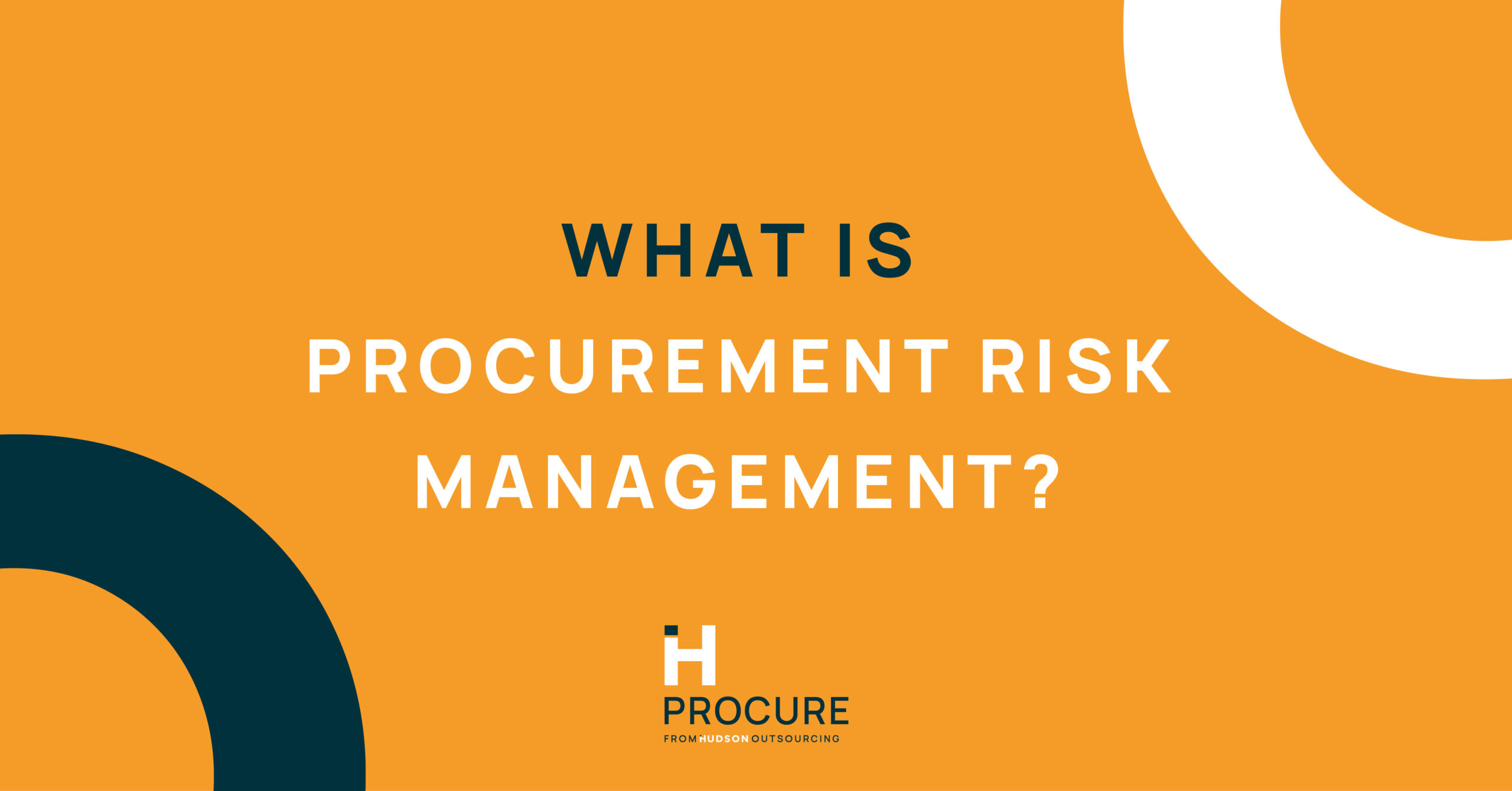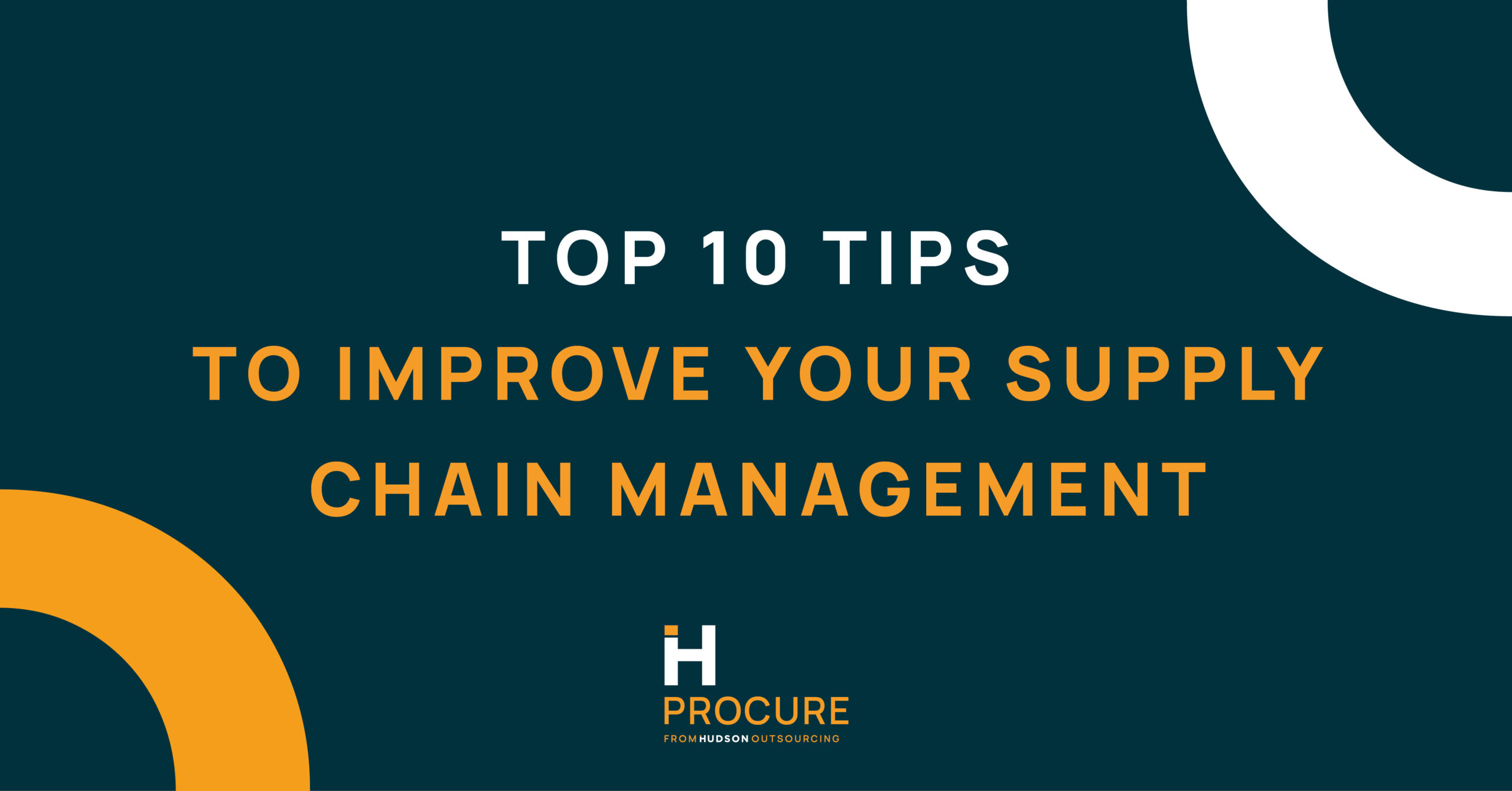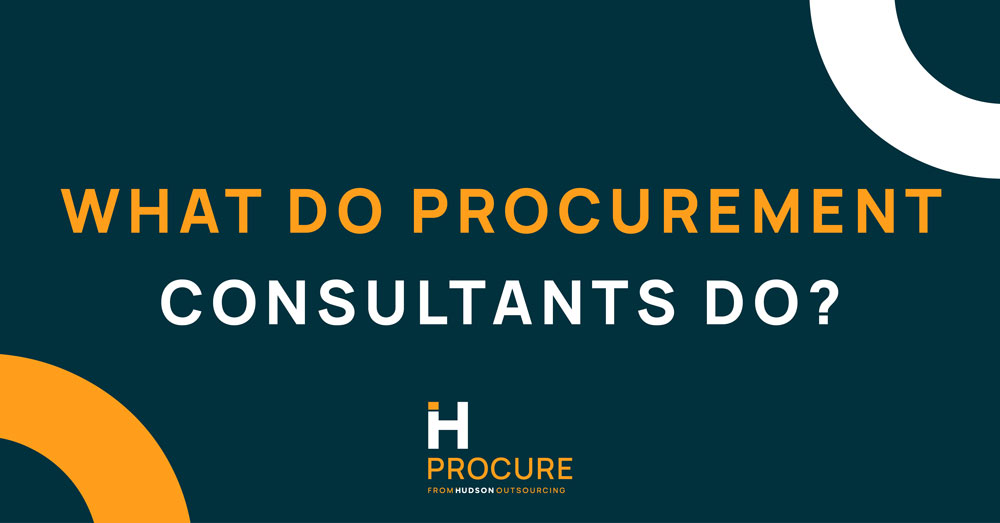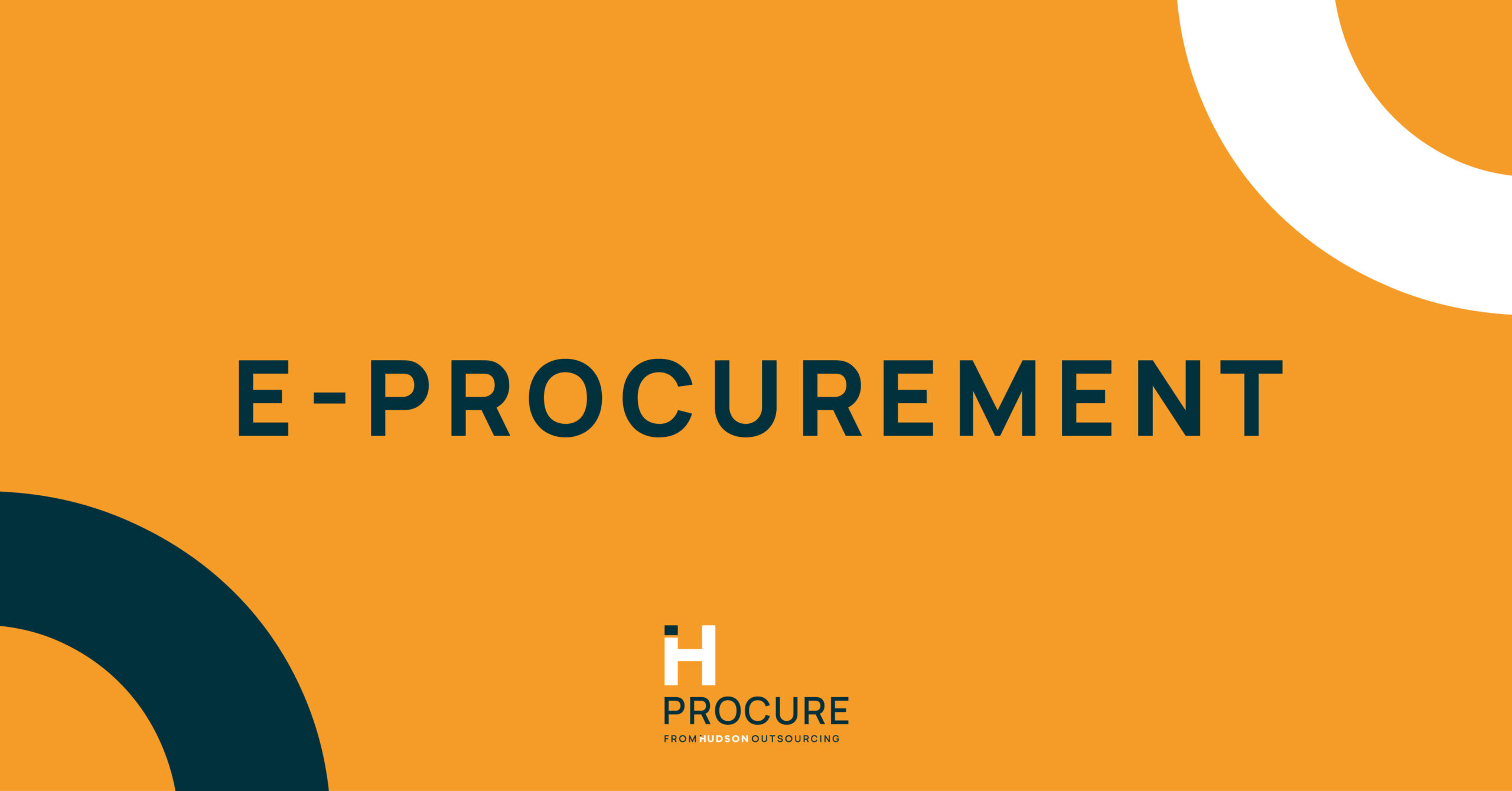RFQs in Procurement
What is a Request for Quotation (RFQ)?
A Request for Quotation, or RFQ, is a formal document created by businesses to send to suppliers (vendors) asking for their price quotations. Then, they may be selected to provide their goods/services, according to how well they match the business’ criteria based on supplier cost, terms of payment and product details.
When is an RFQ used?
An RFQ is primarily used for the benefit of the business asking the supplier for their services. RFQs allow the business in question to hold the power in their decision-making process while choosing the supplier providing the lowest possible price.
They are usually used when:
- The business knows the product/service they need
- They only require information regarding its cost
- The business needs a high volume of products/services or at a low value
- The business requires price quotations quickly (compared to RFP, it is a quick process)
A supplier may receive an RFQ when:
- You are pre-qualified as a suitable supplier
- The product/service needs no adjustments (for complex products/services, RFPs provide a more comprehensive overview)
- Supplier support ends at delivery
- Offers competitive pricing
4 Types of RFQs
Each type of RFQ offers different advantages and disadvantages and it is up to the business to dictate the style of the bid. Here are the four main types of RFQs:
1. Open Bid
You must still be a prequalified supplier; however, this bid is open to all suitable suppliers. Up to the bid deadline, suppliers can see other suppliers’ pricing and have the opportunity to alter their own accordingly.
This method offers the most competitive environment between suppliers, which is an advantage to the business that created the RFQ as it drives costs down. This transparency can lead to supplier price-fixing in retaliation to the business driving down costs.
2. Sealed/Closed Bid
Sealed/closed bids are the least valuable bidding methods for suppliers. They are open to all qualified suppliers, however, there is no transparency. Suppliers cannot know the pricing of other suppliers and there is usually no opportunity to change their pricing. All bids are opened after the submission period and are mostly used in government procurement projects.
In direct contrast to an open bidding process, sealed bidding may help to protect the business conducting the RFQ against price-fixing and fraud. However, there are no competitive pricing opportunities. Therefore, suppliers may not provide the business with their best offer.
3. Invitation-Only Bids
The invitation-only bidding process relies upon the working relationship between the business and the supplier. The bidding process is only open to specific suppliers who are trusted by the company to deliver.
This method can dramatically speed up the selection process. However, the business limits itself against the possibility of better offers from unknown suppliers.
4. Reverse Auction
A reverse auction is where there is one potential buyer and many sellers. Suppliers will bid for the prices at which they are willing to sell their goods/services. Usually, they will present their lowest offer, with the cost decreasing as the auction progresses.
This method allows for the lowest-cost option to be chosen. However, other factors when choosing a supplier are not normally considered. This can isolate other suppliers who offer alternative benefits that may appeal to the business.
RFQ Format
There are many aspects to the RFQ that a business should outline for potential suppliers.
This is usually broken down into four segments:
- Business/Buyer information – this will include the business’ aims, bidding instructions and the RFQ timeline.
- Specifications – product requirements, quantities, and delivery.
- Criteria – scoring criteria, selection process timeline and RFQ type.
- Terms and Conditions – legal requirements (for example, this may include certain disclosures).
The RFQ Process – 5 Steps!
1. RFQ Preparation
Before actually sending out your RFQ, you must decide on your business aims and requirements. Planning correctly, in considerable detail, will enable your business to find the most suitable supplier. This is the initial stage of deciding on the type of RFQ, qualified suppliers and the timeline.
2. Issue and Process
The RFQ process is considerably shorter if you carefully choose the suppliers who will receive the RFQ. It is usually recommended that you send an RFQ to no more than eight suppliers. This strikes a balance between good competition and a swift selection process.
3. Criteria and Selection
Now it’s time to compare offers. Summarize critical information, including pricing, so you can determine why some suppliers qualified and others did not. Read all documentation before making a final decision and document the process for your future RFQs.
4. Award
Inform the chosen supplier that they have been awarded the contract. However, there is no formal agreement until the final details are agreed upon, including:
- Terms and conditions
- Payment details
- Deliverables
5. Evaluate
Continue to document the process and evaluate factors such as:
- Potential market changes
- The supplier fulfilling agreed-upon expectations
Contact us:
Get in touch for a consultation and find out how we can help your business drive better value from procurement.
Our services:
Procure Consult
With Procure Consult, we offer support with tender management and ad-hoc procurement consultancy. Our expert team will manage the end-to-end procurement process or help with any stage, as and when required.
Procure Health Check
With Procure Health Check, we’ll conduct a full review of the strategic and operational procurement processes within your organisation. We’ll identify the areas that need improvement and help you drive greater value from the procurement process.
Procure Analyse
The purpose of Procure Analyse is to conduct a high-level analysis of your spending activity. We’ll help you understand your current purchasing behaviour and highlight areas that can deliver greater value. Procure Analyse is also offered as part of Procure Health Check or as a standalone service.
Procure Outsourcing
With Procure Outsourcing, we deliver a range of procurement solutions on an outsourced basis, completely bespoke to you. This can range from delivering multiple tender projects as a package to delivering the full procurement function of your organisation.
Procure Post
Are you trying to find a supplier for your project? Post your tendering opportunity onto any of our 11 sector-specific portals for FREE with Procure Post!
Housed by our sister company, Hudson Discover, our portals host thousands of tendering opportunities for organisations of all sizes. For an additional cost, we’ll even help you identify your requirements and find the most suitable suppliers for your business.
Check out our other blogs for further Procurement Insights:









